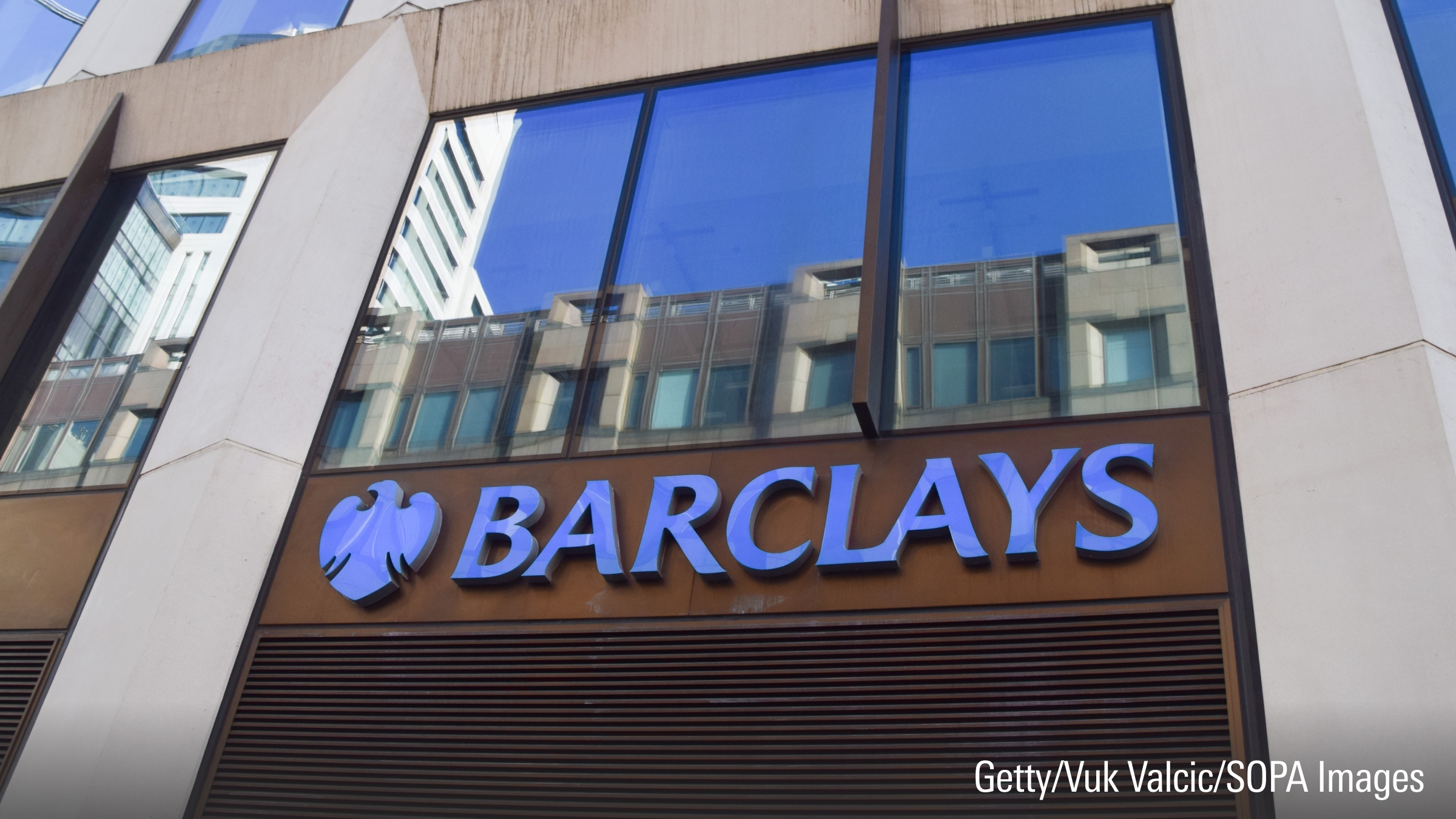(Alliance News) - UK Prime Minister Rishi Sunak will go to the country in 2024 hoping that economic growth, success in sending asylum seekers to Rwanda and trust in his style of politics will be enough to secure his place in No 10.
But Sunak will know that he faces difficulties on all three fronts, with the Bank of England forecasting economic stagnation, the Rwanda plan facing political and legal jeopardy, and the ruling Tories trailing far behind Labour in the opinion polls.
The stakes for both Sunak and Keir Starmer are high: the general election expected in 2024 could see Labour return to power for the first time since 2010 or pave the way for a period of Tory rule lasting almost two decades.
If the prime minister can lead his party to another win, it could mean the UK having a Conservative-led administration from 2010 until, potentially, 2029 – eclipsing the 18-year period when Margaret Thatcher and John Major were in No 10.
The key for Sunak is whether he can successfully portray himself as a "change" candidate despite representing a party which has been in power for well over a decade and persuade voters he has a fresh vision for the country after the chaos of the Boris Johnson and Liz Truss administrations.
Starmer hopes to stop him but, after the 2019 mauling from voters, Labour starts from a long way back in terms of seats in Westminster despite by-election successes and healthy opinion poll leads.
In 2019, Boris Johnson led the Conservatives to an 80-seat victory and Sunak still goes into 2024 with a working Commons majority of 56.
The Labour leadership is at pains to stress it would require a bigger swing than 1997 to gain even a slender majority.
The ability to win seats in Scotland by breaking the SNP's domination could be key to Starmer's hopes of victory.
But not since 1970 has a party with a majority gone into a general election and lost to a party which has won a majority of its own.
So there is a realistic chance that if he is to get into No 10, he might need the support of the Liberal Democrats, given the scale of the electoral challenge he faces and Ed Davey's hopes of picking up seats in the Tory "blue wall" in southern England.
With both the Tories and Labour prepared to go all out for victory, it could be a vicious, sometimes dirty, contest.
An early indication of Sunak's chances could come in Wellingborough, where a by-election will take place following the recall of scandal-hit Peter Bone.
He held the seat for the Conservatives in 2019 with a majority of 18,540 – which should be comfortable but is smaller than those overturned by Labour in 2023 in Mid Bedfordshire, Selby and Ainsty and Tamworth.
Wellingborough voted Labour in the 1997 landslide and again in 2001 and winning the by-election would be an encouraging sign for Starmer.
The prime minister also faces difficult votes in Westminster as he battles to get his Rwanda legislation through Parliament.
The Safety of Rwanda Bill cleared its first Commons hurdle in December but dozens of Tories abstained and are likely to push for changes as it progresses.
The difficulty for Sunak is that the changes demanded by the party's right – going further in side-lining international conventions – will not be acceptable to the One Nation centrists, so the risk of bitter Tory splits just months before an election may be unavoidable.
The government's majority should ensure the legislation gets through the Commons but it is likely to run into trouble in the Lords, making Sunak's goal of flights taking off in the spring look ambitious.
The legislation is aimed at making the plan to send asylum seekers to Rwanda legally watertight following the Supreme Court's ruling against it.
But critics still expect those due to be removed from the UK to bring legal challenges – even if ministers insist the grounds for doing so are severely limited.
Sunak will hope that an economic feel-good factor can help the Tory chances, with the prospect of pre-election tax cuts to woo voters.
The Bank of England has forecast zero growth for 2024 while the Office for Budget Responsibility downgraded its estimate to 0.7%.
But with inflation falling faster than expected the cost-of-living crisis should ease, while mortgage holders could benefit if the Bank of England cuts interest rates.
These factors could be key for Sunak in deciding whether to go for an election in spring – May would seem the most likely option – or hold out until the autumn, possibly October.
Ultimately it could be the decisive issue in the election, as Bill Clinton's aide James Carville said in the 1992 US campaign: "It's the economy, stupid."
And on the subject of US politics, the presidential election there could pose headaches for whoever ends up in Downing Street, particularly if the divisive and unpredictable Donald Trump wins the November contest to secure a return to the White House.
Meanwhile, in Wales, Labour will elect a successor to Mark Drakeford as party leader and first minister.
By David Hughes, PA Political Editor
source: PA
Copyright 2023 Alliance News Ltd. All Rights Reserved.

























